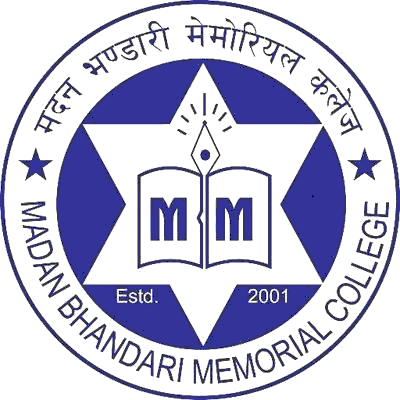Overview
Overview of Master of Arts in Buddhist Studies at Kathmandu University Centre for Buddhist Studies
Course Overview
The Master of Arts (MA) in Buddhist Studies at Kathmandu University's Centre for Buddhist Studies (CBS) is a rigorous and advanced program that delves deeply into the philosophies, traditions, and practices of Buddhism. This program, located in Bouddha, Kathmandu, Nepal, provides students with an opportunity to study Buddhism within its cultural and historical contexts. The MA program is designed to equip students with advanced language proficiency, methodological skills, and extensive knowledge in the field.
Course Outlines
The course consists of various modules, including:
- Advanced Buddhist Philosophy
- Advanced Readings in Buddhist Texts
- Theories and Methods in the Study of Religion
- Research Methods in Buddhist Studies
- Theravāda Buddhism
- Mahāyāna Buddhism
- Vajrayāna Buddhism
- A final research project or thesis
Duration
The Master of Arts in Buddhist Studies is a full-time, two-year postgraduate program.
Objectives
The main objectives of this program are to:
- Foster an advanced understanding of Buddhist philosophy, history, culture, and practices.
- Promote proficiency in the primary languages of Buddhism.
- Encourage original research in the field of Buddhist Studies.
Eligibility
Applicants should possess a bachelor's degree from a recognized university, preferably in a related field such as Religious Studies, Philosophy, or Asian Studies. Non-native English speakers must demonstrate English proficiency through standard testing, such as a TOEFL-iBT score of 90 or an IELTS score of at least 6.5.
Learning Outcomes
Upon completion of the program, students will:
- Have an advanced understanding of the principles, practices, and philosophies of Buddhism.
- Be proficient in at least one primary Buddhist language.
- Be capable of conducting independent, high-quality research in the field of Buddhist Studies.
Scope
Graduates from the program are prepared for advanced research or teaching positions in Buddhist Studies or related fields. They are also qualified for work in non-profit organizations, cultural institutions, and roles that require deep knowledge of Eastern philosophy and religion.
Fees Structures
For detailed information on fee structures, please contact the administrative office of the Centre for Buddhist Studies at Kathmandu University.
Career Prospects
Graduates can pursue careers in:
- Academia (Teaching and Research)
- Religious and Philosophical Counselling
- Non-profit Organizations
- Cultural Institutions
- Publishing and Journalism
Why Choose This Course
This course stands out for its deep and rigorous exploration of Buddhism and its cultural, philosophical, and historical contexts. It equips students with the linguistic and research skills necessary for advanced academic study, making it a unique offering in the field of Religious Studies.
What After
Graduates often move on to PhD programs, teaching positions at universities, or research roles in academic or cultural institutions. Others may apply their knowledge in various professional sectors that require an understanding of cultural diversity and human behavior.
Scholarship
Kathmandu University offers various scholarships to eligible students. More details on these scholarships can be obtained from the university's administrative office.
In sum, the Master of Arts in Buddhist Studies at Kathmandu University's Centre for Buddhist Studies offers a transformative educational experience, combining academic rigor with a deep exploration of one of the world's most influential religious traditions.



















